Things we've learned
Cholderton is a 1000-hectare estate on the Hampshire/Wiltshire border. It participated in one of Defra's environmental land management test and trials to develop a model land management plan based on the exemplary principles adopted by the estate. In this guest post, Merrick Denton-Thompson shares his view.
In this post, Emma Bailey-Beech writes about her background in agriculture and how it led to working on the Future Farming and Countryside Programme. We’re grateful to have people in the team with hands-on experience in the farming sector, and can bring it to bear on our work.
Farm visits are a useful way for us to understand the context in which farmers work and what’s important to them. In this post, I'd like to share what I learned during a recent visit to Challacombe Farm on Dartmoor.
One area we’re exploring in tests and trials is the role that innovative payment mechanisms might play in future environmental land management schemes. In this post we share what we’ve learned about reverse auctions so far in tests and trials.
If you want to encourage more of the right wild plants and insects on a group of farms, what parts of your farm should you target to get the best results? This is the question conservation scientist Dr Robert Hawkes explored with colleagues from the University of East Anglia, the Breckland Farmers Wildlife Network and Defra.
In July, we opened the applications window for farmers to join our Sustainable Farming Incentive pilot. In this post, Lisa Applin (Rural Payments Agency) and Tom Lewis (Future Farming and Countryside Programme) share the results of the application process, what the team learned and what they will do next.
We recently published a blog post about the things we learned at this summer’s agricultural shows which took place up and down the country. At most of those shows, we ran co-design taster sessions for members of the farming community, so they could get a sense, first-hand, of how they could shape our policies. In this post, we're going to talk about some other things we learned that directly relate to co-design.
One goal of Defra’s Future Farming and Countryside Programme is to help farmers and land managers achieve bigger, better environmental benefits. There’s a lot that farmers can do individually on their own land, but there are often circumstances where it makes more sense for several people or businesses to join forces and collaborate on something …
We went to these shows intending to talk about the changes coming in the farming sector, but just as importantly, to listen to concerns and learn from different experiences. Some themes emerged from the conversations we had. This post is about what we heard, and how we're responding.
The Future Farming Advice team is responsible for making sure that people have the advice they need to support them through the agricultural transition and beyond. In this post, I’ll give you an overview of our work. I’ll share some of our findings and explain what we’re doing next.
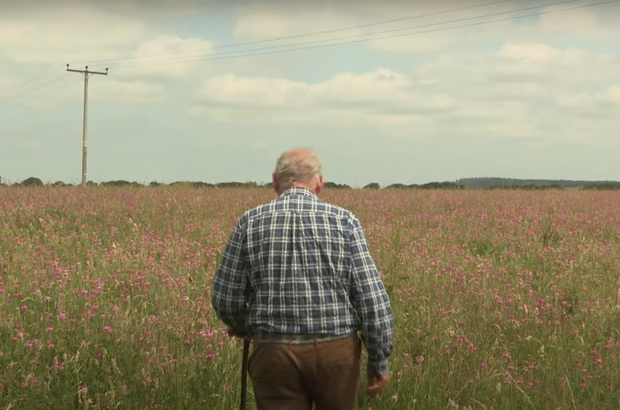
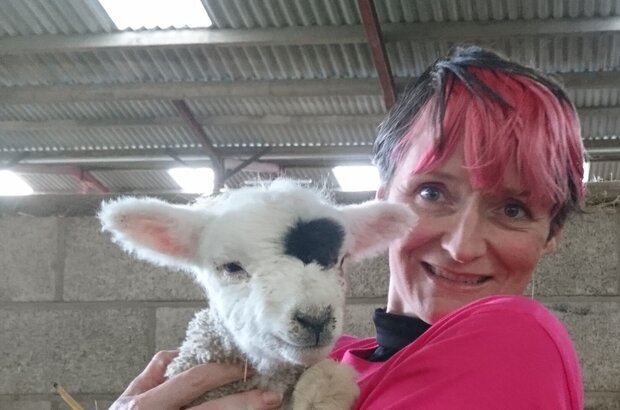
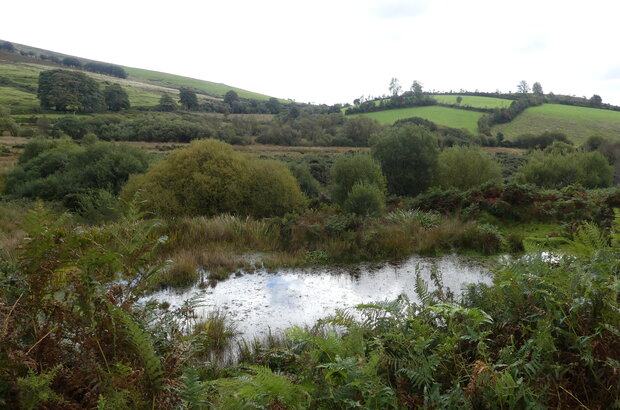
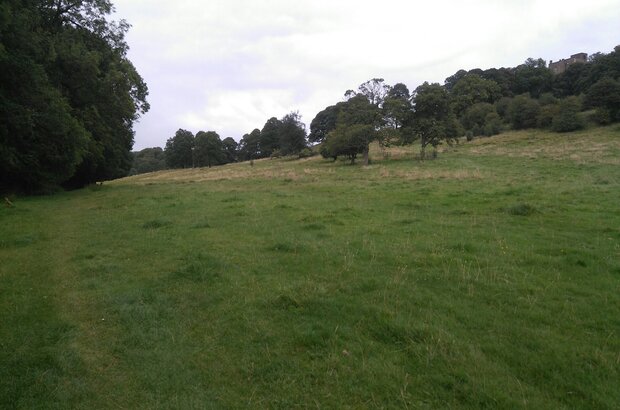
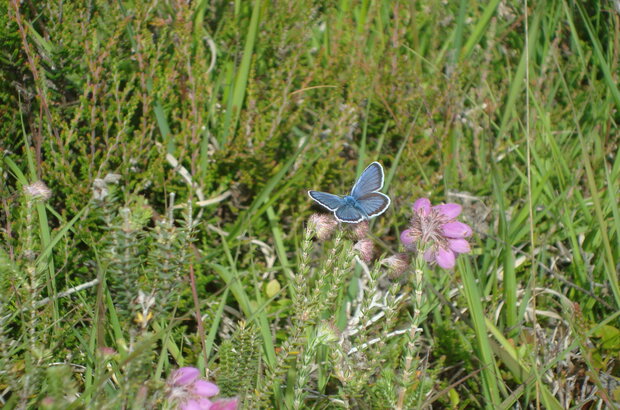

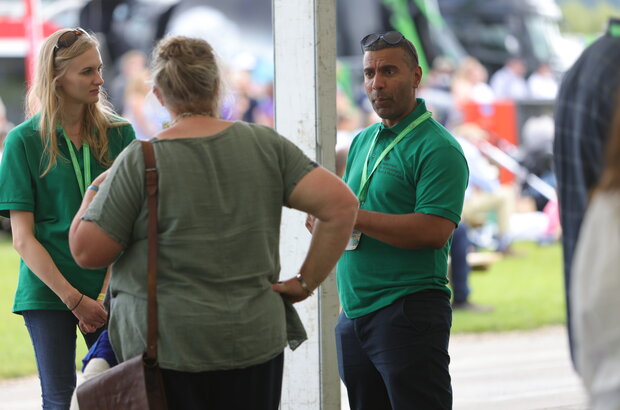
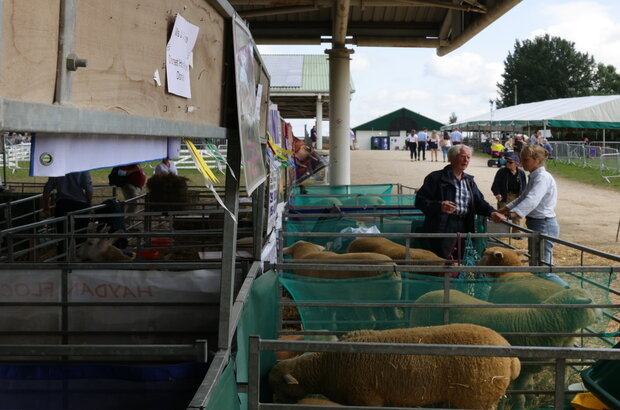
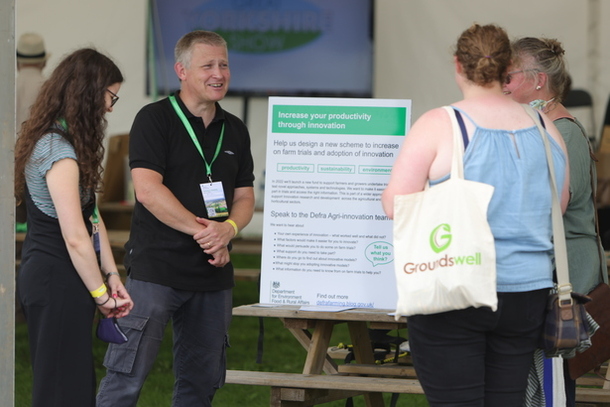
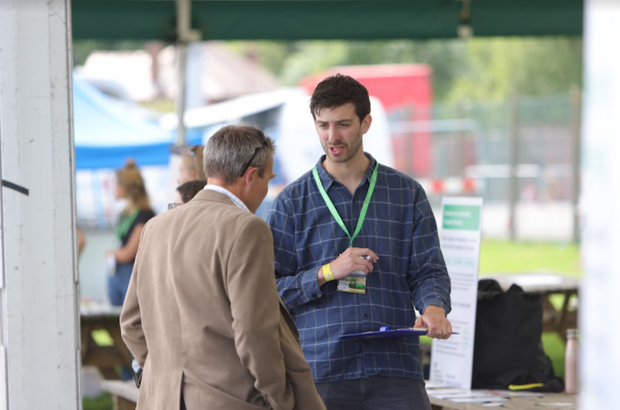
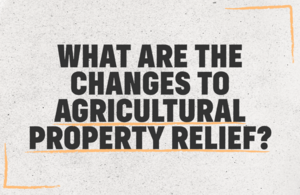
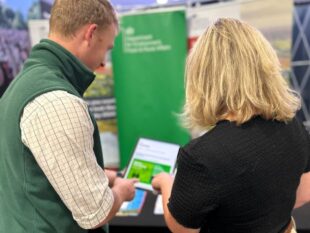


 The
The 